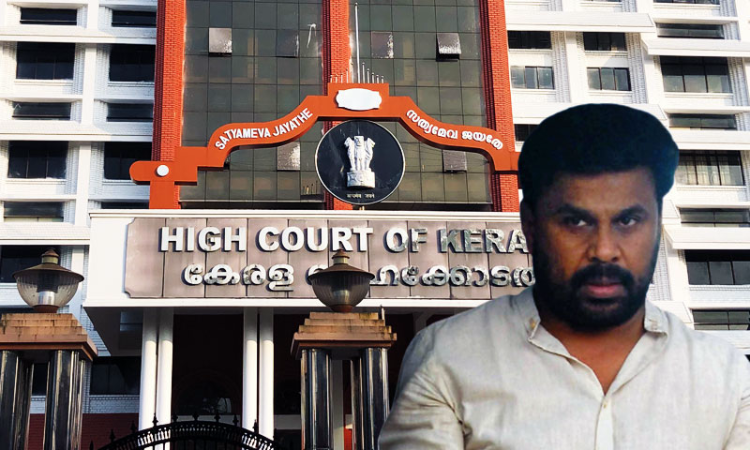For Abetment By Conspiracy, Mere Agreement Not Enough; Something Must Be Done: Kerala High Court
Hannah M Varghese
7 Feb 2022 9:45 PM IST

Next Story
7 Feb 2022 9:45 PM IST
The Kerala High Court on Monday while granting pre-arrest bail to Malayalam actor Dileep and other accused reiterated the clear distinction between the offences of abetment by conspiracy and criminal conspiracy. Dileep and 5 others were facing accusations of conspiring to kill the investigating officers of the 2017 actor sexual assault case, in which Dileep is facing trial as the alleged...
